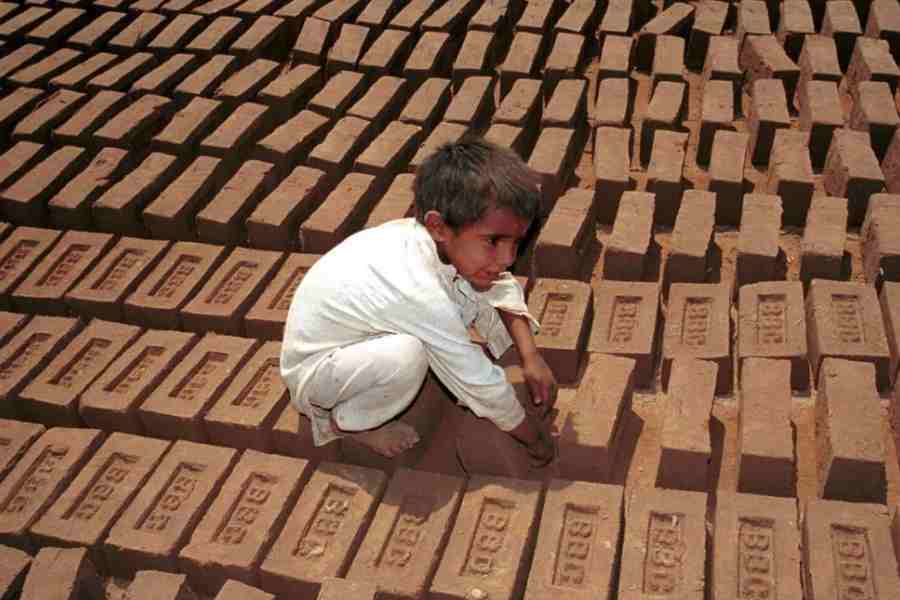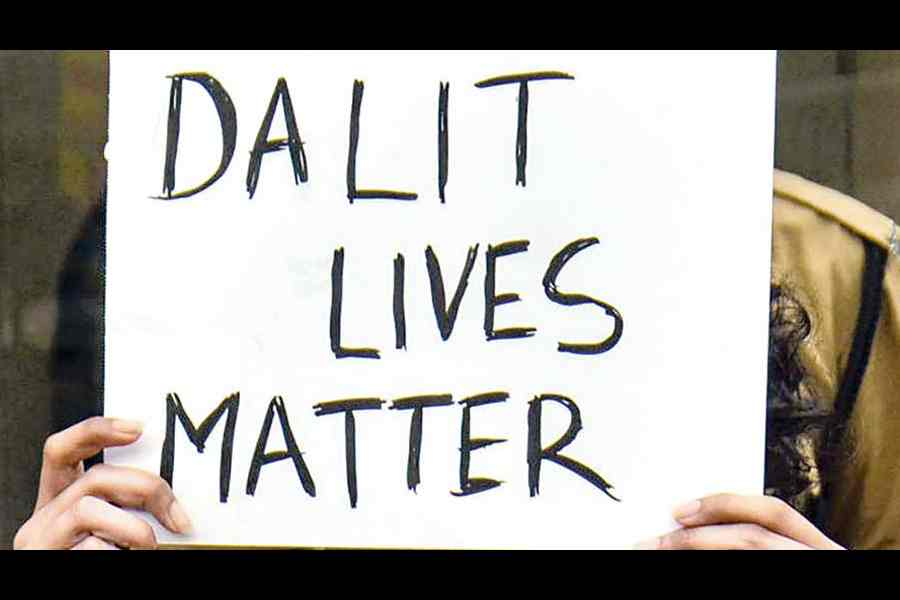Rizwana, a 13-year-old girl, was tortured quite brutally, allegedly by her employers in Islamabad. A civil judge and his wife had employed Rizwana as a domestic help and she was tortured over a sustained period of time by the judge’s wife. She was brought to a hospital in Sargodha by her father with over a dozen wounds but she was later taken to Lahore because of the serious nature of her injuries. Her limbs had been broken, her eyes swollen, there were injuries to her head and her face and there were maggots on her body. According to the latest medical report, she was also poisoned. A tweet by an individual even alleged that when she had asked for water, her employer allegedly gave her Harpic, a toilet cleaner, to drink.
The details of Rizwana’s torture are harrowing. While she is fighting for her life in a hospital, we are still asking why there are different rules for the powerful elite and the less privileged. How is it that the accused was able to get protective bail and the first information report made more robust only after an outcry on the media and on social media? Why is it that a teenage girl has to almost die for the government and society to take notice of how child labour is still prevalent in Pakistan? The young and undocumented workers are maltreated by their employers because of no accountability.
Rizwana isn’t the first child to be tortured and abused by her employers; sadly, she may not be the last. The Human Rights Commission of Pakistan has rightly demanded that the employment of minor domestic workers be criminalised. But despite laws being there, it is their implementation that is the problem. Moreover, the system is rigged in favour of the already-powerful. If we look around us, we will see minors working around us — in the homes of our friends or our families. Even if they treat them ‘well’, it is illegal to hire underage helps. But people get away with it because domestic help is hardly ever ‘documented’. An editorial, “Abusing the powerless”, on Rizwana’s case in The News points out that “[T]he International Labour Organization report from July 2022 estimates that a quarter of all Pakistani households employ child domestic help and the majority are girls aged 10 to 14 years. This is despite the fact that employing domestic help under the age of 14 years is prohibited by acts in Sindh and Khyber Pakhtunkhwa and prohibited under the age of 15 in Punjab. In Islamabad, the employment of child labour is not allowed under the Islamabad Domestic Workers Bill 2022.”
Child labour is a disease that afflicts our country much like most other third world economies. However, we turn a blind eye to this affliction until a case like Rizwana’s comes to light. Then, for a few days or weeks, we highlight the issue of child labour, talk about the inhumane treatment meted out to minors employed by the privileged, raise awareness about child rights and workers’ rights but, soon, the news is put on the back-burner as something else becomes ‘news of the day’ and we go back to our lives without a thought for the countless children who are out of school, who don’t have enough to eat at home, who are forced to work due to poverty, who lose their childhood from the day that they are born to underprivileged parents. Consider the issue of the rights of workers. Most people around us don’t even pay the minimum wage to their domestic staff because they need the work and are thus forced to work for less money and more hours. As a friend pointed out, those who employ domestic help have a sense of power and invincibility. Those who employ a child who is physically and socially vulnerable and, hence, at their mercy can beat them black and blue because they know that nine out of 10 times (or maybe almost always), they will not be held accountable for their shameful and heinous actions. From news reports of young domestic workers being burnt with an iron, or being tied down with ropes, or locked up with no food and water so as to ‘punish’ them for something they inadvertently did or for ‘teaching them a lesson’ because they tried to eat or drink something that wasn’t meant for them — each of these incidents shows us the dark side of society, but one that is right amongst us.
Rizwana’s isn’t the only case that will leave us shocked to the core. It was recently reported that a 15-year-old boy, Asad Masih, was forced by his contractor to enter a manhole, which left him exposed to toxic gases, leading to his death “within the confines of sewer”. Asad worked for a contractor at the Water and Sanitation Agency in Faisalabad. Now imagine that you’re a young child who has to work for money and is thus forced by a contractor to get into a manhole without any protective gear, without any consideration that you — a young child — may be afraid of going into the sewer. The contractor does this with impunity every day without any fear of repercussion because even the death of a minor will not lead to an end to this horrific practice.
Rizwana and Asad worked because they had no say in it. Their parents made them work because they could not provide enough for their household. They are like countless other parents whose children are forced to work due to poverty. This cycle will continue until and unless laws are properly implemented and justice is done regardless of class and privilege.
Mehmal Sarfraz is a journalist based in Lahore; mehmal.s@gmail.com










